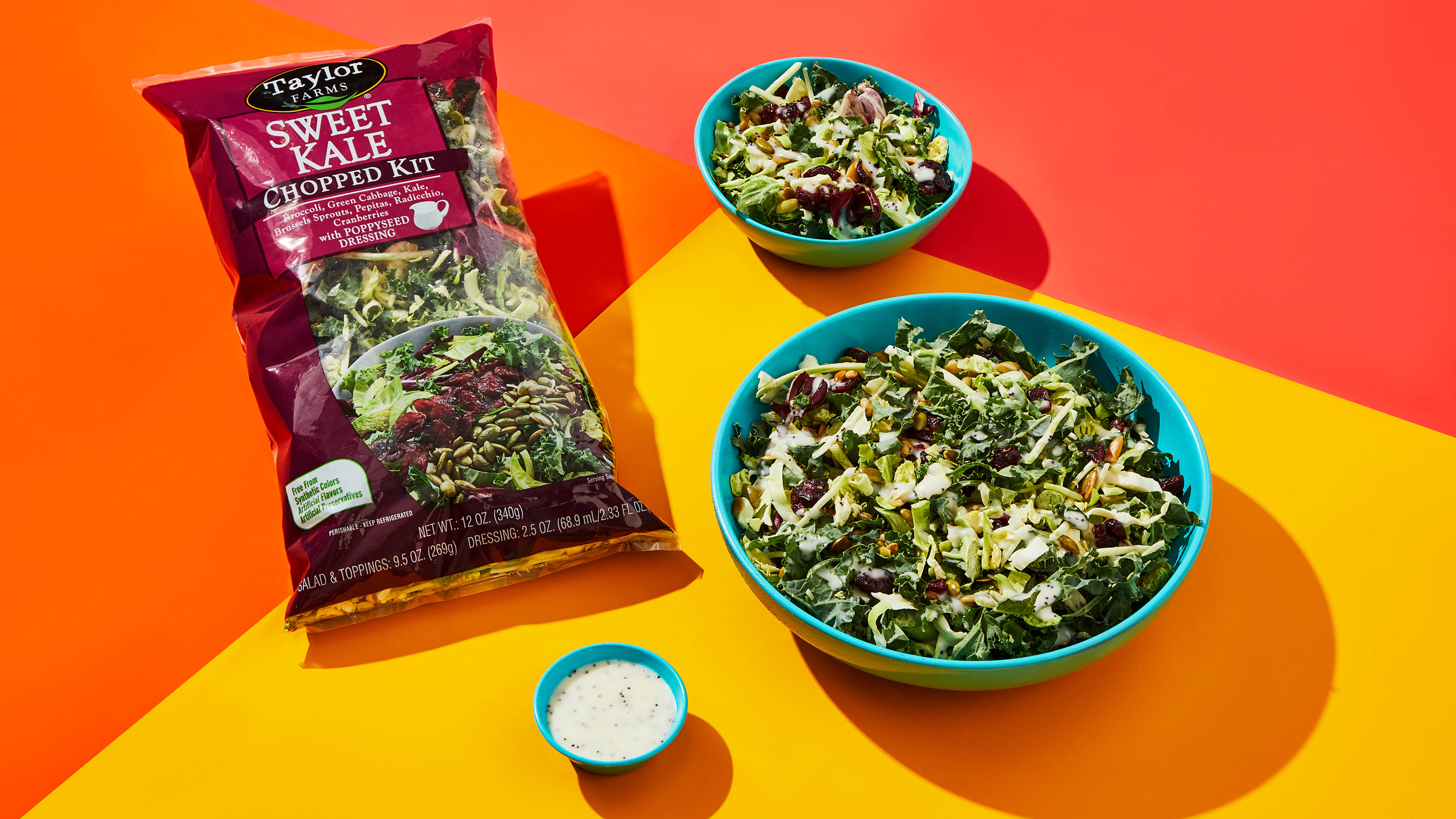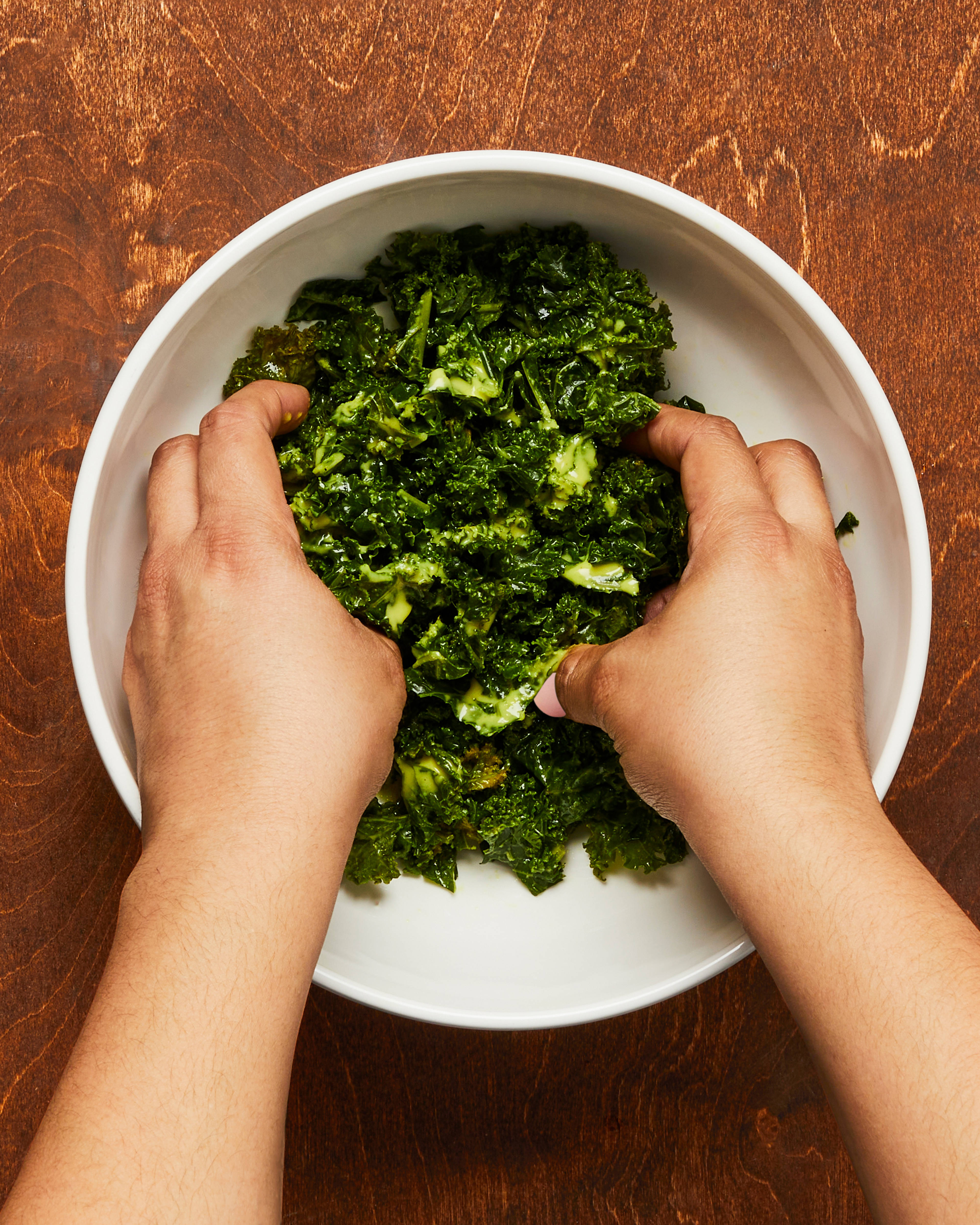How Long Does Kale Last in the Fridge & How To Store
Kale has become a staple in kitchens everywhere, celebrated not just for its versatility but also for its impressive health benefits. This leafy green has gained a reputation as a superfood, finding its way into a number of dishes that families love.
But, like all fresh produce, a question often arises: "How long does kale last in the fridge, and how do we store it to maximize its freshness?"
At HelloFresh, we're passionate about bringing fresh, nutritious ingredients right to your doorstep, along with the know-how to store them properly. With our focus on high-quality produce, we ensure that every leaf of kale retains its goodness from our kitchen to yours.
What Makes Kale a Superfood?
Kale is more than just a trendy leafy green. It's a powerhouse of nutrition that has earned its title as a superfood for several reasons:
Vitamins galore: Kale is a nutrient-dense food, providing a substantial amount of vitamins A, C, and K. Vitamin A supports overall eye health, vitamin C is known for its role in immune health, and vitamin K is essential for healthy blood clotting.
Mineral-rich: This vegetable is an excellent source of minerals such as calcium, iron, and potassium. Calcium supports bone health, iron is important for healthy blood cells, and potassium is a key mineral for heart function.
Antioxidant properties: Kale includes antioxidants like quercetin and kaempferol, which are known for their wellness-enhancing properties. These substances support the body's ability to manage stress and contribute to overall health.
Fiber-filled: High in dietary fiber, kale aids in digestive health and contributes to a feeling of fullness, which can be beneficial for weight management without compromising on nutritional value.
Low in calories, high in protein: With a low-calorie count and a relatively high protein content for a vegetable, kale fits well into various diets, promoting overall wellness.

How Long Can Kale Last in the Fridge?
When Should I Throw Away My Kale?
Identifying when kale has gone bad is crucial to ensure you eat it when it’s most beneficial and safe.
Here’s what to look out for:
Visual cues: Watch for yellowing leaves or those that have turned a brownish color. These are clear signs that your kale is past its prime.
Texture changes: Fresh kale should be crisp. If it feels slimy or overly wilted, it’s time to discard it.
Smell: Kale that’s starting to spoil will have a sour or unpleasant odor. Trust your nose; if it smells off, it’s best not to eat it.
Food safety is important, so if you’re in doubt about the freshness of your kale, it’s better to err on the side of caution and throw it out. Using kale while it’s fresh ensures you get the most out of its nutritional benefits—and it tastes better, too!

How Do I Store Kale?

Kale in Your Weekly Diet: Tips and Tricks
Reviving Wilted Kale: Is It Possible?
Wilted kale might seem like a lost cause, but don't toss it out just yet! There's a simple trick to bring back some of its crispness and vitality.
Here's how:
Cold water bath: Submerge the wilted kale leaves in a bowl of ice-cold water. This shock of cold can help revive the leaves.
Let it soak: Leave the kale in the water for about 10 to 15 minutes. The leaves will absorb the water and perk up.
Dry thoroughly: After their cold bath, gently dry the leaves. Using a salad spinner or patting them dry with a towel works well.
Immediate use: Once revived, it's best to use the kale as soon as possible, as it won't retain its crispness for long.
This method won't restore the kale to its original state, but it can save it from the compost bin and make it suitable for cooking or blending into smoothies.